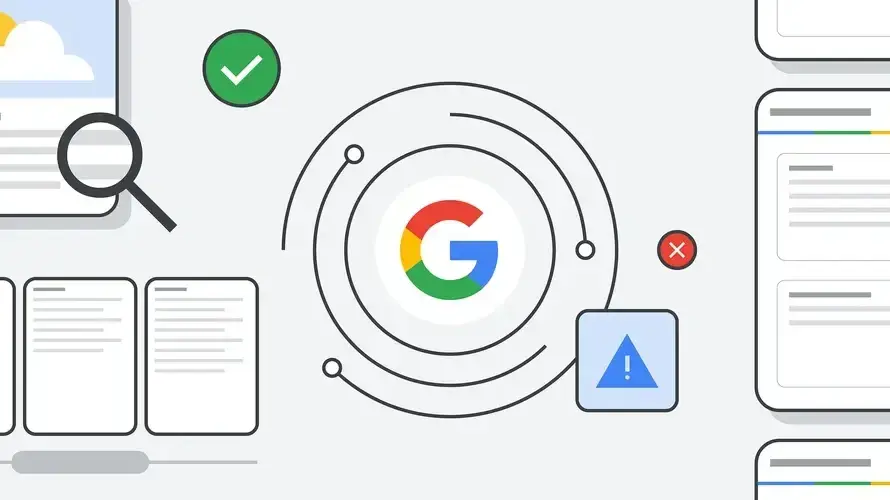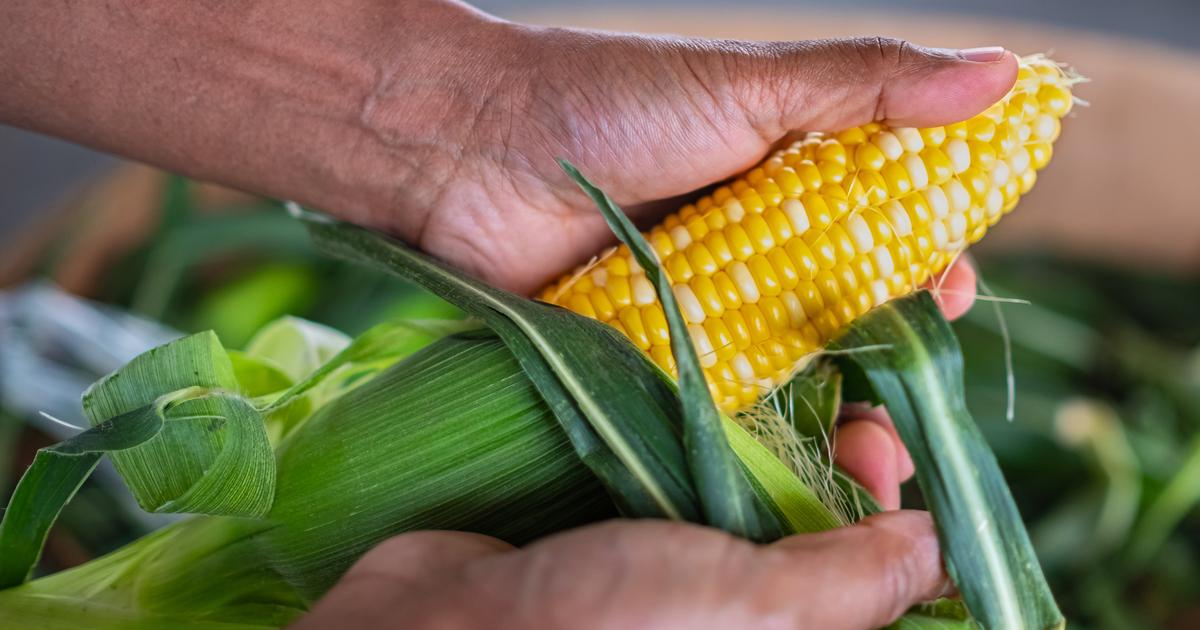You can prevent Flora's documentation from being falsified and used to commit electronic fraud.
You can prevent this 23-year-old girl living in Kampala, the Ugandan capital, from having to face the police consequences of this fraud.
She only responded to a job offer.
You can help him not to make mistakes in his decisions, to carefully analyze the information that comes to him through social networks and not to fall for the deception of digital scammers.
Flora is not a real person, although her story is completely plausible.
She is one of the characters in a game created by a Ugandan organization with which they seek to raise awareness about misinformation, but also give users the tools not to fall into the traps that fake news sets for them.
More information
The ambiguity of the concept of disinformation
The European Commission endorses the Government's order against disinformation
The conspiracies surrounding the pandemic
Choose Your Own Fake News
(Choose your own fake news) is the title of the game in which you can choose to put yourself in Flora's shoes and run away from a bait released on Instagram.
You can also be Jo, a merchant who witnesses how, in the face of the elections, a video of the opposition candidate is broadcast calling to attack his opponents.
Whether violence breaks out in her community or a disinformation campaign is unmasked on Jo's decisions.
And finally, you have the possibility of being Aida, a 62-year-old retired housewife who receives a video via WhatsApp showing the disastrous effects of the measles vaccine on a child.
Aida can help the hoax spread and feed the rejection of vaccination, or she can contrast the video with information from reliable medical sources.
Information against the "infodemic"
"Fake news is a growing problem.
They have always been around, of course, but the speed and reach the Internet offers amplifies their impact.
And they have real-world consequences that can be detrimental to people, communities and livelihoods, ”explains Neema Iyer, to justify her commitment to
Choose Your Own Fake News
.
Iyer is the director of Pollicy, the Ugandan organization that created the platform, with the collaboration of the Mozilla Foundation, which awarded the project and made it possible.
This consulting firm seeks technological solutions to issues such as participation and improvement of governance, from the East African country.
In this case, Iyer and his team wanted to “package” all the knowledge about the distribution of fake news in an attractive way for all users of the digital environment.
“The characters were chosen during a team brainstorming activity.
We wanted to choose characters that players could relate to and identify with.
The target audience for this game is the people who live in East Africa, so we contextualized the characters and the stories so that they coincided with the experiences, ”says the director of Pollicy, who is also the illustrator in charge of the character design.
On the other hand, this expert technologist recalls that "the covid-19 pandemic has really highlighted the impact of fake news, from world leaders who advocate different unproven remedies to widespread conspiracies around 5G" .
For her "the launch of our game was particularly timely in the face of a growing
infodemic
."
To deepen their awareness in Pollicy they have opted for the format "choose your own adventure", those stories from the eighties in which the reader influenced the development of the narrative by making decisions for the characters and which have come to constitute a genre known as "book-games".
But the choice of this formula does not have to do only with originality, but they consider that the format can transport readers into the stories and add depth to that awareness-raising objective.
“We want people to dive into the information and make their choices.
Any of us could be in that situation: What kind of choices would we make in that case?
Will we choose to forward a message without checking the facts, to re-share, to click on “like”, or will we think critically before making any move? ”Explains Iyer provocatively.
Any of us could be in that situation: What kind of choices would we make in that case?
Will we choose to forward a message without checking the facts, to re-share, to click on "like", or will we think critically before making any move?
Some of the topics that appear in this initiative correspond to the areas in which disinformation is most common and can also cause more serious consequences.
Researchers on the spread of fake news in Africa explain that the health environment is one of the most recurrent and the most delicate.
There are numerous anecdotes that show how a rumor has hindered vaccinations necessary to fight curable diseases.
And during the months of global pandemic, it has been perfectly seen how social networks overflowed messages - often crazy - but that can open a crack in the determined action against the disease.
Frauds through the Internet are also the order of the day and unscrupulous people are constantly on the hunt for the unwary who inadvertently or out of good will expose their personal data, either to steal them directly or to use them as a tool for other scams , as it can happen to Flora in this project.
And finally, coexistence is often a WhatsApp message or a Facebook post from blowing up.
In recent years, it has been possible to demonstrate how some community confrontations have been fueled by false news on the networks, at the same time that electoral strategies have been unveiled in which foreign companies resorted to disinformation to benefit a candidate, without worrying of the damage they could cause.
The
Choose Your Own Fake News experience
goes beyond entertainment.
The platform tries to awaken the interest of users through the game and family situations to later provide all the information.
In stories we find some of the mechanisms that allow fake news to spread with great speed.
For example, when Aida receives the video of the child affected by the alleged contraindications of the measles vaccine, she is confronted with an almost reflex act: "Aida must forward this video to her loved ones so that they know the side effects of the vaccine" , proposes the game as action.
Flora is looking for work and on Instagram she has found an offer that fits her profile, practically like a glove, why should she be suspicious?
“Flora should definitely schedule an interview.
What a great opportunity! ”, Is what the adventure raises.
News of a video has reached Jo in which an election candidate calls for attacks on the shops of his opponent's supporters.
It is logical that among her possibilities, Jo considers “Make sure that other small companies in the area are aware of the situation”, without thinking about whether from there the gestures are magnified, indignation and chaos are unleashed and unleashed a wave of violence.
“Often,” Neema Iyer confesses, “I feel that when we start talking about disinformation, algorithms and bots, the speech can become academic or full of technicalities.
However, it is an issue that affects everyone, regardless of education level, socioeconomic situation, access to information ... At Pollicy, we are always experimenting with new ways of making information accessible by breaking down barriers.
In this setting, we wanted to use gamification and familiar characters to draw attention to the issue and we created a platform for debate ”.
Pollicy accompanies the
Choose Your Own Fake News
stories with
the most rigorous explanations of the spread of fake news.
When the user has been left speechless with the consequences of their decisions, the platform explains to them with clear infographics, how it happened and how they could avoid it in real life.
Simply stopping to think before sharing and checking the messages.
FUTURE PLANET can follow on
,
and
, and subscribe
here
to our 'newsletter'
.














